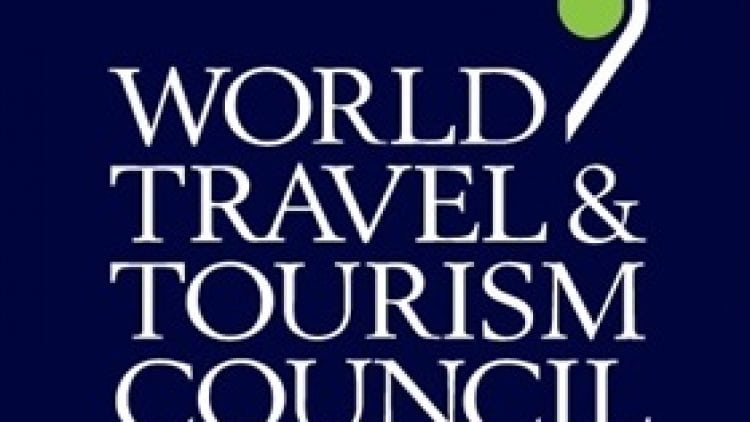
The World Travel & Tourism Council (WTTC) recently reported that a staggering £22 billion is likely to be lost from the U.K. economy due to the collapse of international travel during 2020 in light of the coronavirus pandemic. At the moment, tourists and travellers are staying away from the U.K. in droves due to the continued uncertainty around travel restrictions designed in order to curb the spread of the COVID-19 virus.
As a result of the COVID-19 related travel restrictions, it can be expected that international visitor spending could plunge by 78% compared to 2019 levels, equating to a loss of £60 million a day, or £420 million a week, to the U.K. economy, for the year 2020. WTTC has outlined the severe impact of the pandemic on the U.K. travel & tourism industry as the economic fallout continues to majorly disrupt the sector. With regard to WTTC’s 2020 Economic Impact Report, travel & tourism was responsible for almost four million U.K. jobs or 11% of the country’s total workforce in 2019 and generated nearly £200 billion GDP, or 9% to the U.K. economy.
Gloria Guevara, President & CEO, WTTC said in her statement that the according to the latest WTTC figures, that the pandemic has caused economic pain and suffering to millions of households across the U.K., who are dependent upon travel & tourism for their livelihoods. She informed that the lack of international travel can wipe out more than £22 billion from the U.K. economy alone, which equated to a loss of £60 million pounds a day and can take years to recover. She expressed that it can also threaten London’s position as one of the world’s premier hubs for business and leisure travel and can see other destinations take over.
She mentioned that there is an urgent need to replace stop-start quarantine measures with rapid, comprehensive and cost-effective test and trace programmes at departure points across the country. She said that the investment will be significantly less than the impact of blunt quarantines which have devastating and far-reaching socio-economic consequences. She stated that targeted test and tracing will also rebuild consumer confidence to travel and enable the restoration of vital ‘air corridors’ between countries and regions with similar COVID-19 case rates.
She informed that a quick turnaround test and trace system in place for all departing passengers would mean that the government could consider reinstating travel between the U.K. and major international hubs. She mentioned that restoring business class travel between the world’s top financial centres, such as London and New York, would act as an engine to help kick-start the economic global recovery. She expressed that international coordination to re-establish transatlantic travel for business and leisure trips would provide a vital shot in the arm for the travel & tourism sector. She shared that it would benefit airlines and hotels, travel agents and tour operators and revitalise the millions of jobs in the supply chain which are dependent upon international travel across the Atlantic.
WTTC analysis of international travel spending in the U.K. during 2019 reveals that it reached almost £28.2 billion, accounting for 17% of the total tourism spend in the U.K. It also states that domestic travel spending was last year responsible for the other 83%. A further breakdown reveals that spending from international travellers was highly crucial to the U.K. economy during 2019 and accounted for £2.35 billion or £540 million a week – and £77.3 million a day, every month. It also shows that the largest inbound source markets to the U.K. Between 2016 and 2018 were travellers from the U.S and France, each accounting for 10% of all international arrivals, with Germany coming in third with 9%, and Ireland and Spain in joint fourth place with 7% each.
The most updated data from 2018 shows London’s dependency on international visitor spending that accounted for a massive 85% of all tourism spending in the city, with domestic tourists making up the remaining 15%. The U.S. was the most important source market for the city with 15% of arriving visitors, with France in second place with 9% of arrivals, Germany in third place with 8% of arrivals, and Spain in fourth position with 7%. WTTC stated that as one of the world’s most popular cities for international visits, the loss of international visitor spending, which accounted for a staggering six pounds out of every seven spent in London could have a profound long-term impact on the U.K.’s capital for years to come.
Tags: WTTC